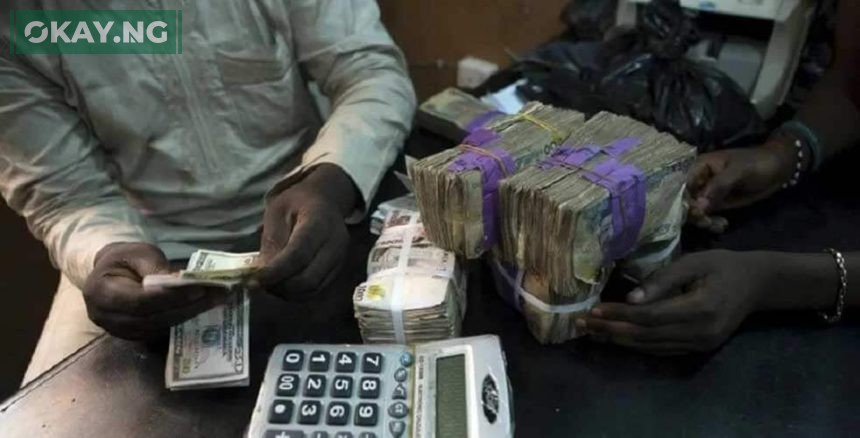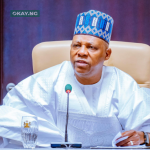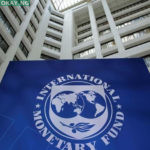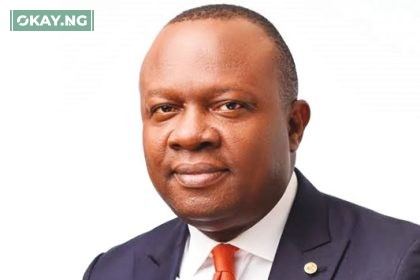In a bid to bolster the regulatory framework for Bureau De Change (BDC) operations, the Central Bank of Nigeria (CBN) has released comprehensive guidelines for the sale of foreign exchange (Forex) by BDC operators across the country.
Contents
This move, part of ongoing reforms in the Nigerian foreign exchange market, aims to streamline operations and ensure compliance with international standards.
Enhanced Regulatory Framework
- The newly introduced guidelines, outlined in a document titled ‘Revised Regulatory and Supervisory Guidelines for Bureau De Change Operations in Nigeria’, delineate permissible activities, licensing requirements, corporate governance standards, and anti-money laundering/combating the financing of terrorism (AML/CFT) provisions for BDCs.
- These guidelines are set to redefine the operational landscape for BDCs, emphasizing transparency, accountability, and adherence to regulatory standards.
Key Provisions
- BDCs, licensed by the CBN, are mandated to focus solely on retail foreign exchange business within Nigeria, with strict adherence to prescribed regulations.
- Notable restrictions include the prohibition of commercial, merchant, non-interest, and payment service banks from participating in BDC ownership, whether directly or indirectly.
- Other ineligible entities, as specified by the CBN, encompass non-governmental organizations, financial services regulatory and supervisory agency staff, governmental bodies, public officers, and cooperative societies.
Stringent Compliance Measures
- CBN emphasizes stringent compliance measures, stipulating that sellers of $10,000 and above to BDCs must declare the source of foreign exchange and adhere to all AML/CFT regulations and foreign exchange laws.
- The guidelines mandate the transfer of digital/transfer purchases of foreign currencies to BDCs’ Nigerian domiciliary accounts, with subsequent payments to customers facilitated through Naira bank transfers or prepaid NGN cards.
Operational Restrictions
- BDCs are barred from engaging in street trading, maintaining public accounts, conducting offshore business, financing political activities, or selling FX on credit to customers.
- Additionally, the guidelines restrict BDCs from dealing in gold or precious metals, granting loans, and handling international inward transfers, except for designated cash-out points for International Money Transfer Operators.
Capital Requirements
- Tier 1 BDCs are required to maintain a minimum capital of N2 billion, while tier 2 BDCs must uphold a capital base of N500 million, signaling a significant increase from the previous minimum capital requirement of N35 million for all BDCs.











